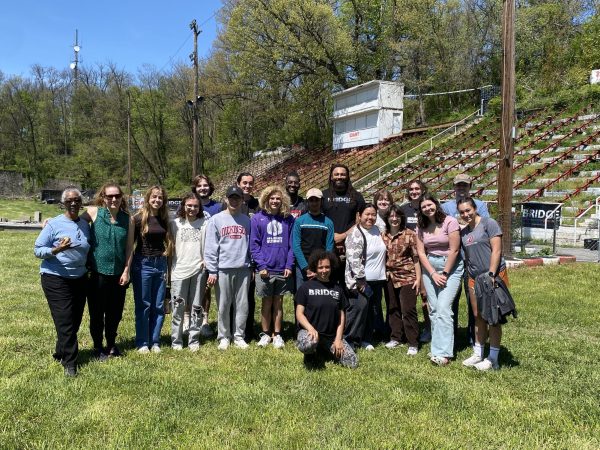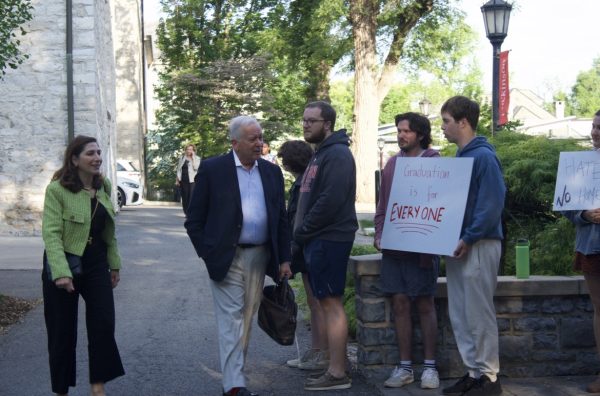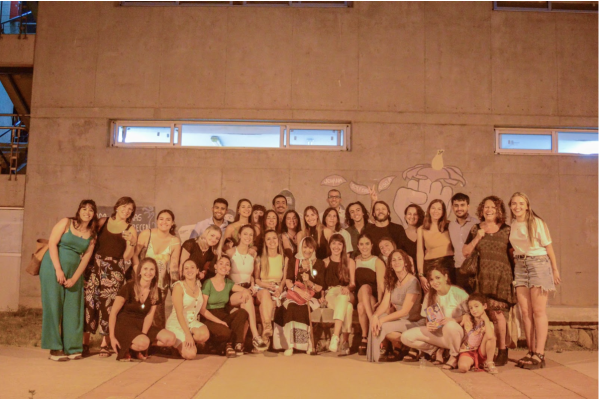Community Reacts to Political Tension in Venezuela
On Jan. 23, President of Venezuela’s National Assembly Juan Guaidó constitutionally declared himself interim president after years of hardships in the country. Guaidó’s declaration also identified recently reelected President Nicolas Maduro as illegitimate after almost eight years in office, a decision Maduro adamantly disagrees with.
Venezuela’s political and economic turmoil comes after years of controversial crackdowns on dissidents, widespread food and medicine shortages, and skyrocketing consumer prices that broke 1.3 million percent inflation last year, according to the National Assembly. The causes of these problems are heavily disputed as well, with Maduro placing the blame on US sanctions and Guaidó criticizing Maduro and his predecessor, the late President Hugo Chávez, in his recent New York Times opinion piece.
Many Venezuelans have been taking sides in the crisis, resulting in a great division forming between supporters of Maduro’s regime and supporters of Guaidó’s opposition. Most of Venezuela’s fellow Latin American nations support for Guaidó, numbering 11 in total, while only two – Bolivia and Cuba – support Maduro, as reported by Business Insider. This divisive political situation has even spread across continents, with the international community now involved in the crisis. President Trump affirmed the US’ support for the National Assembly alongside the EU, Canada, Australia, and several other democratic nations, with many – including the US – furthering their support to Guaidó himself. In contrast, Russian President Vladimir Putin has affirmed Russia’s support for Maduro alongside China, Iran, and Turkey, and a handful of other nations.
The ongoing crisis has prompted many to question if a renewed Cold War scenario is on the horizon. In a recent article, The Guardian reported that a Cossack leader with ties to military contractors told them Russian mercenaries could be getting involved in the ongoing situation. Adding to the idea of a second Cold War, US National Security Advisor John Bolton was seen on Jan. 28 holding a notepad at a press briefing that, according to the Telegraph, had “5,000 troops to Colombia” written on it. A day after this was noticed, Bolton responded by stating that “the president has made it clear on this matter that all options are on the table.”
Like the international community, Venezuela’s crisis has been observed and debated by many in the Dickinson community.
Marcel Lee ’22 stated “I don’t think it is necessary for third parties to intervene in the situation. I think Venezuelans should determine their own fate in a democratic way.”
“While I do not support Maduro, I think that the US should take a very cautious and measured approach to the situation. It may employ diplomatic assistance; however, it must avoid any kind of military action,” added Joseph Gelula ’22. “The statements made by John Bolton recently on Fox news, ‘We’re looking at the oil assets, that’s the most important income stream,’ also make me suspicious of the Trump administration’s true intentions.”
Jackie Logsted ’22, stated “Trump isn’t going to take military action in Venezuela. He has continued to prove unreliable – his words mean nothing. I don’t know whether or not Maduro will be persuaded to step down, but I’m confident that no action of Trump’s will have anything to do with it.”
“Seeing all of the humanitarian devastation that has developed over the past few administrations, and notably the recent hyperinflation,” said Andrew Howe ’22. “I strongly hope to see the country adopt a capitalist and democratic framework, especially similar to when it was the wealthiest country per capita in Latin America.”





